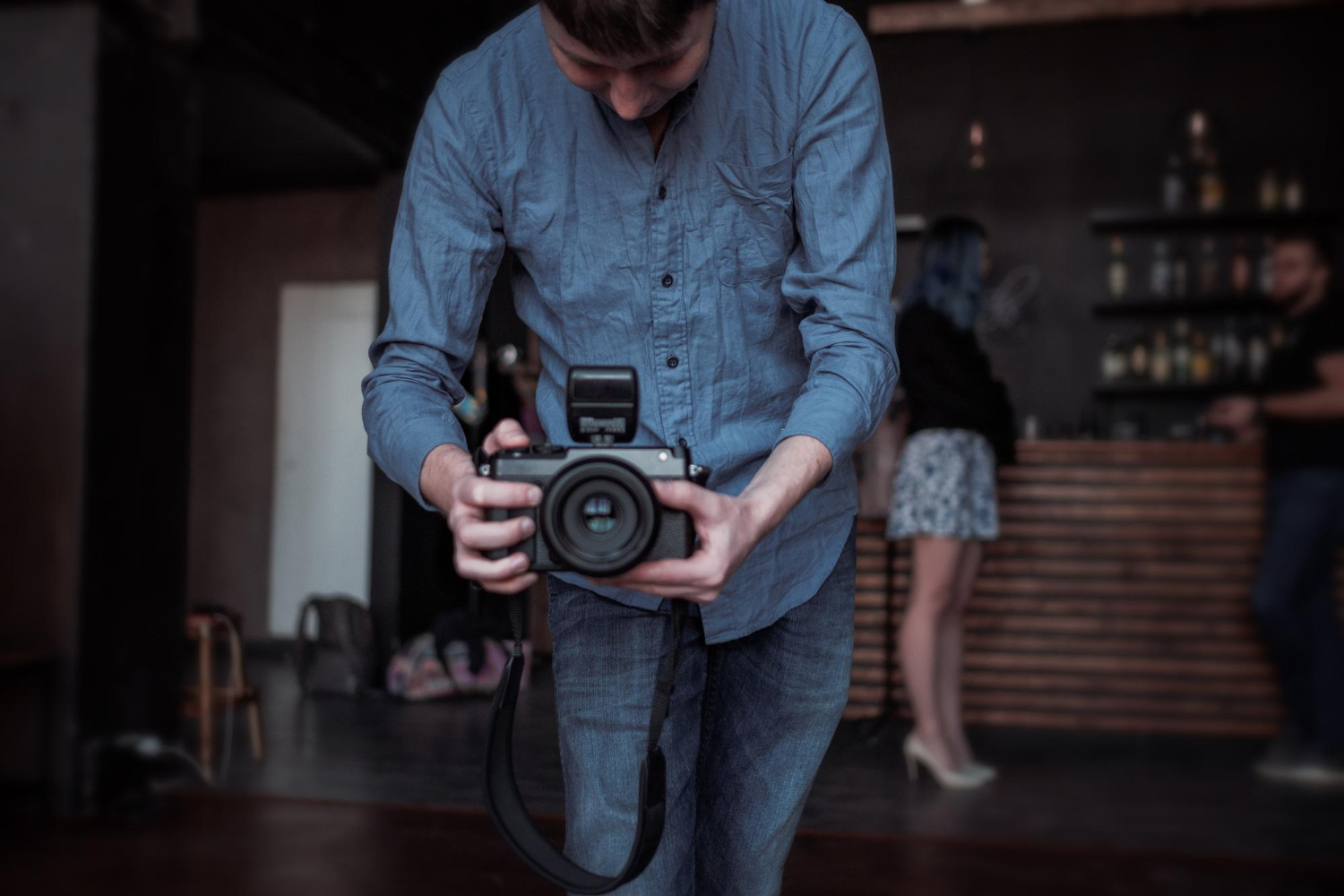
The best ways to find a great camera that suits your needs
Taking a camera is always exciting - one of the main reasons why it offers a new worldview. With so many cameras on the market, it's easy to get lost. In addition, it is also easy to get lost and spend a lot more money in negotiations. Here are some of the best ways to find the right camera that best suits your needs.
MAKE A BUDGET
One of the first things you need to do when looking for a good camera that suits your needs is to set a realistic budget. Budgeting is important for many reasons. First of all, if you are a newbie, it will keep you in line, so you won't get an expensive camera that you can use several times if it's not fun.
Second, you need to create a budget so that you do not spend money that you do not have. This is especially true if you are a seasoned photographer. It often happens that you can't afford to buy extra equipment when you really don't need it. In addition, spending too much on camera can mean that you don't have enough money to buy the quality lenses and other camera equipment you need for successful photography.
CARRY OUT RESEARCH
Another, if not more useful, thing that can help you find the camera that best suits your needs is a lot of research. You can do this in several ways. You can contact some local photographers to give you their points, or you can search online. A careful reading and review will give you a list of all the camera's features and their performance. For example, versatility, speed, performance, image quality and convenience are some of the most important aspects you need to consider. This will ensure that you have the camera that best suits your needs. Be sure to find a reputable review site that has detailed reviews of most of the camera features listed above to give you a clearer idea of what works best for you.
Take a look at the MEGAPIXEL MYTH
More often than not, the camera specifications sheet contains aiming and scanning cameras, and DSLR cameras have megapixels in some cases. This number of megapixels is usually 16MP, 20Mp and more. However, the number of megapixels can still be misleading. Simply put, camera quality is not directly related to megapixels. However, the physical size of the sensor is more important for image quality than the number of pixels. Other aspects, such as depth-of-field depth control, are relatively subjective quality factors. The main reason why photos have a higher quality is that a larger sensor can quickly capture more light. This in turn produces less noise in low light conditions and has better overall contrast and color. Evaluate the camera not only by the number of megapixels; it probably won't suit your needs either.
SEE ALSO LENSES
One of the best ways to find a camera that suits your needs is to identify it with lenses. Some of the best photographers in the world have noticed that the lens is probably the biggest and most important thing that separates a good camera from a good one. Although some point-and-shoot cameras have unattainable optics, they still lag behind the interchangeable lens. Most SLRs and DSLRs are usually sold with a starter kit lens. If you are buying a camera for the first time, you will probably not need lenses until you have gained a lot of experience. However, if you are a professional or intermediate level, the possibilities are endless. Make sure you research a lot which lens best suits your photography style. In addition, you can always contact your local store for the best advice.
Budgeting is one of the first steps you need to take to find your ideal camera. However, nothing is as important as doing a good research of the camera and all its uses. Be sure to ask friends, local camera stores and most importantly check out the online camera reviews to get a complete picture of which type of camera best suits your needs.